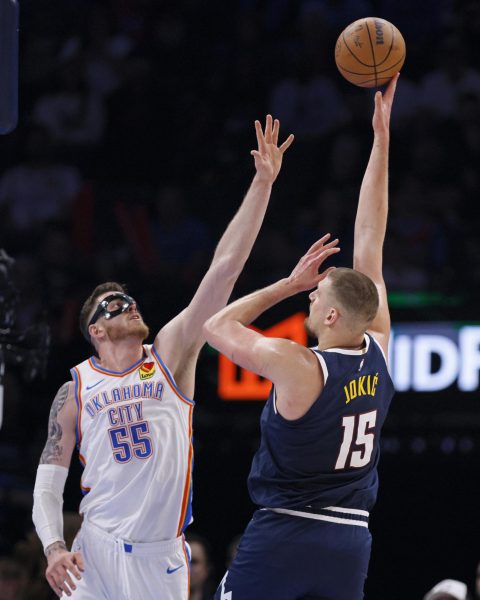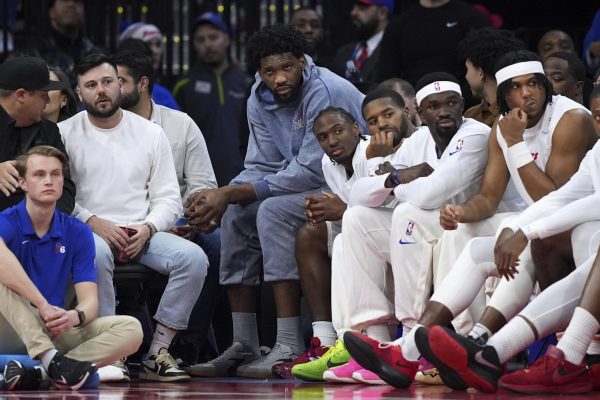Being Right: Politics, Popular Culture and Patriotism
On the Politicization of Everything
It is 2017, and it seems that politics has weaseled its way into everything. As more and more formerly apolitical outlets, institutions and individuals have become more vocal, many of their peers have been pressured to make a statement. In the NFL, what began as one quarterback’s personal response to current events grew into a league-wide phenomenon in less than a year. Award shows like the Grammys and the Oscars became platforms for proselytization, and at the moment there remain few pop stars who have stayed out of the political fray. The last two years have been a political tumult – there is no question about it, but is popular culture made better by politicization, and has the politicization of culture improved politics? In short, has this marriage of politics and culture
furthered the cause of either?
To begin, it is important to make a clarification about speech. Anyone and everyone is entitled to speak out as they see fit – always. Figures in sports and entertainment have realized that they have a larger platform on which to speak than most, and it is logical that many have found a sense of obligation in their position of influence. Further, the proprietors of companies, commissions and organizations are empowered to make decisions about their political affiliation. In the case of the NFL, it is legal, precedented and justifiable that players kneel during the national anthem. It is similarly legal, precedented and justifiable that owners threaten repercussions for their employees – those same players. Everyone here is a citizen entitled to the same right to speech, everyone has agency in the matter and everyone must accept the risks incurred by their actions. But back to my original question: Where does this get us?
As politics becomes more and more present in popular culture, art and media, one simple fact emerges: it’s not all that pretty. Art based around politics is, in fact, not art. It is politics wearing a different hat. A news outlet that shirks specific content responsibilities to forward a political agenda is no longer a news outlet, it’s a campaign team. Politics, by its nature, is a greasy, contentious and divisive affair. But more than anything, it is corrosive; a political message will never be relegated to the background, which means that the medium through which it is transmitted will ultimately suffer. It doesn’t matter who is doing it or why, the fact of the matter is that politics will occupy the center stage.
In my view, this is hardly worth it. Not only do you risk alienating people, in the undertaking of politicizing the apolitical you risk sacrificing your initial pursuit on the altar of partisanship. Whether the pursuit be music, journalism or football it will be subverted by politics. Recently, Eminem – a visionary to his art form – debuted a verse excoriating President Trump. It was edgy, it garnered quite a lot of attention and I will even say I agreed with most of its content, but it was musically abhorrent. A great artist sought to make a political epithet rather than art and the result was disappointing. If other forms of art and expression move in the same direction, what is left? Nothing other than everything we dislike about politics.
There is a time and a place for political activism and indeed it is a positive good. But in the United States, a political agenda is simply not worth the death of an art form. Of course statements can be made, and even with discretion they should be made, but as a general rule the marriage of politics and culture should come to a mutual close. They will both be better off.
Contact Ryan Zoellner
at rzoellner@colgate.edu.






